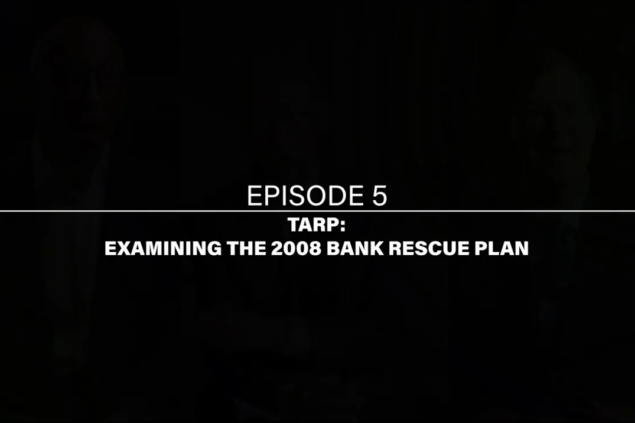Of Class Actions and Usury – Shrinking Credit in the Second Circuit
Jerry Loeser

Federal law provides that a bank extending credit is only subject to the usury laws of the state in which it is headquartered no matter where the borrower resides. In 2015, the U.S. Court of Appeals for the Second Circuit ruled, in Madden v. Midland Funding, that that federal preemption of New York’s usury laws enjoyed by a national bank originating credit card receivables, terminates when the national bank sells those receivables to a third party debt collector that is not a bank. The U.S. Supreme Court declined to grant a petition for a writ of certiorari, and remedial legislation did not pass Congress last year. Thus, Madden is currently the law in the Second Circuit, which covers New York, Connecticut, and Vermont. (Remedial legislation is again pending in this Congress.)
In June of this year, two putative class actions were filed in federal district courts in the State of New York (the Western District and the Eastern District) by credit card holders against trusts that purchased and securitized credit card receivables from out-of-state national banks (Chase Bank USA, N.A. and Capital One Bank, N.A.) and against the trustees of those trusts on the theory that, under Madden, federal preemption no longer applied once the originating national banks sold the credit card receivables to the trusts to be securitized.
If successful, these class actions could discourage investors from purchasing securitized debt owed by borrowers residing in the Second Circuit, thus reducing markets for the securitization of loans by banks to borrowers residing in the Second Circuit. That could possibly reduce the availability of credit in those three states.

Topic
Financial Services & Corporate Governance
Sponsor
Federalist Society’s Financial Services & E-Commerce Practice Group
The Federalist Society and Regulatory Transparency Project take no position on particular legal or public policy matters. All expressions of opinion are those of the author(s). To join the debate, please email us at [email protected].




